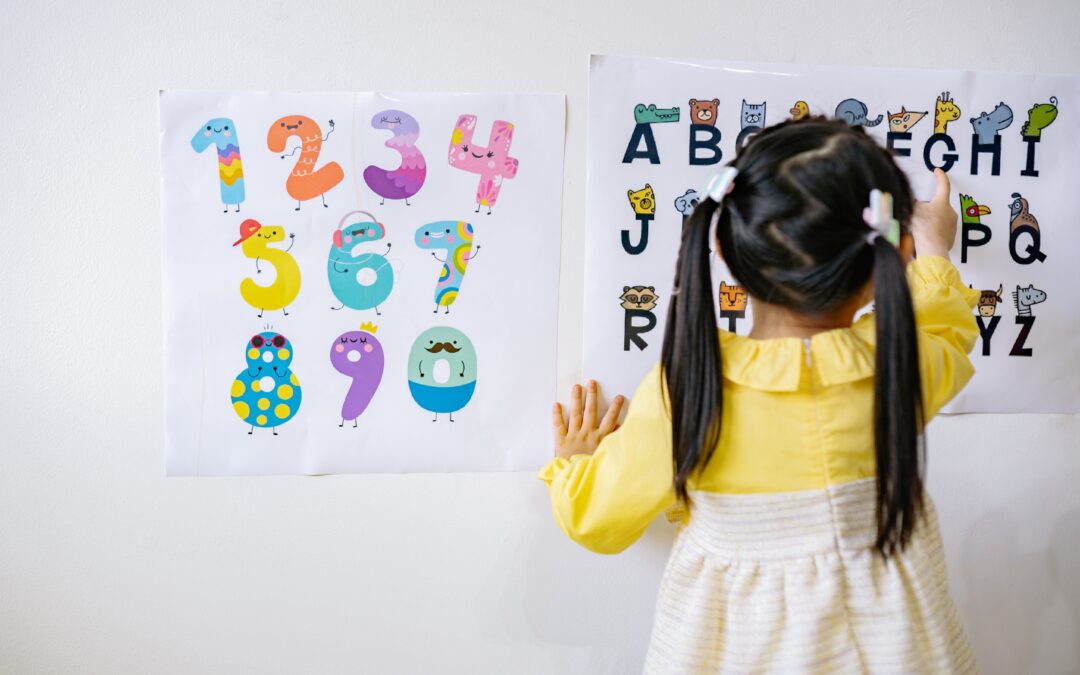Summer learning loss is a frustrating downside to the time children spend on summer break. But armed with an understanding of why it happens and how to counteract its effects, parents can minimize summer learning loss and continue to enrich their children’s learning during those months.
What is Summer Learning Loss?
Summer learning loss happens when children return to school after summer and perform at a lower academic level than they performed at the end of the prior year. You might also hear summer learning loss referred to as the “summer slide” or the “summer setback.”
Researchers first studied summer learning loss back in 1996, learning that students lost one month of learning during their summer breaks. Those studies identified that summers had the worst impact on prior math learning and that a child’s family income may play a role in the extent of their learning loss.
Without countermeasures, summer learning loss can contribute to achievement gaps and cause teachers to spend valuable classroom time reteaching the prior year’s lessons.
Facts About Summer Learning Loss
- Children Lose Months of Learning Over the Summer
Summer is undoubtedly a welcome break from school’s structured learning environment and, ideally, a time for plenty of play outdoors. But the time away from active school learning contributes to significant learning losses for children.
Over the summer, students in 3rd-5th grades experience summer learning losses of 20% in reading and 27% in math. Without continued education in these areas during the summer months, children return to school with a learning loss equal to 2.6 months of math learning and two months of reading.
- It Takes 6 Weeks to Relearn Due to Summer Learning Loss
When children return to school after their summer breaks, their new curriculums are intended to build on the lessons learned the prior year. If children haven’t mastered the previous year’s lessons, teachers are left reteaching those lessons and taking time away from their current subject matter. Due to summer learning loss, it can take students up to six weeks to relearn previous lessons.
For teachers, revisiting and reteaching the previous year’s lessons is unavoidable due to summer learning loss. Without helping students relearn the information and concepts from the prior year, they would begin the school year unprepared to take on the new year’s curriculum and potentially fall even further behind in their education.
- Summer Learning Loss Can Snowball Into Subsequent Summers
You might think that the long-term education effects of just one year’s summer learning loss may not be concerning, but you would be wrong. Sadly, once a student experiences summer learning loss, the chances of experiencing learning loss in summers to follow increase.
This pattern of repeated summer learning loss can be attributed to several factors, such as home learning environments and opportunities to access (and availability of) educational resources. However, acknowledging that summer learning loss is likely to happen again, summer after summer, it’s all the more important to take steps to limit learning losses between school years.
How to Beat Summer Learning Loss
Fortunately, parents can take steps to help curb summer learning loss and support their students for a successful return to school in the fall. While parents don’t need to create formal educational opportunities at home, there are various ways to encourage practice and application of essential concepts children learn at school.
- Enroll Your Children in Educational Summer Programs: STEMful offers many educational and enjoyable summer programs for students ages 3.5-11. With camps focusing on STEM subjects from engineering and chemistry to biology and animation, your children will continue to learn (while having a great time!) during the summer months.
- Encourage Reading for Fun: Let children pick out which books to read (independently or with you). Take them to the library to do so, or let them choose from what you have at home. Children will gain and learn the most from reading when they enjoy doing it, and giving them a say in what they read makes it more likely they’ll have fun reading their books!
- Explore Outdoors: Getting out of the house is excellent for children’s creative imaginations, and the more time children spend in green spaces the more positive effects you will see in their emotional and cognitive function.
- Bring Math Into Play: Various games, puzzles, and even apps support math skill-building. These are excellent tools for keeping learning lighthearted and exciting while ensuring that children continue to practice math concepts they learned at school.
Avoid Summer Learning Loss With STEMful!
Keep your children learning year-round by enrolling them in one (or more!) of STEMful’s summer programs this year. Visit our Summer Camps page to browse our camp themes and available dates and secure your child’s spot.

